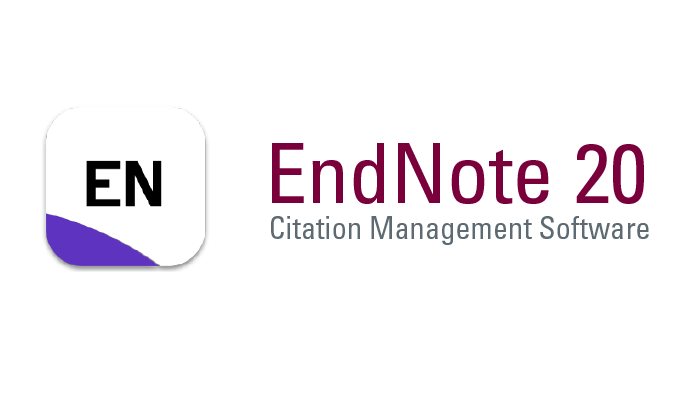UPAYA PENINGKATAN PEMAHAMAN KONSEP BAHASA INDONESIA MELALUI PROGRAM REMEDIAL OLEH TUTOR SEBAYA DI MIN 11 ACEH UTARA
DOI:
https://doi.org/10.47887/amd.v3i2.101Keywords:
Concept Understanding, Remedial Programs, Peer TutorsAbstract
The purpose of this study was to obtain accurate information about one of the efforts to improve students' understanding of concepts in Indonesian lessons, especially describing objects. This action research process is planned for three cycles, where each cycle will be carried out in accordance with the changes to be achieved such as what has been designed in the factors according to the procedure: planning (planning), action (acting), observation (observing), and reflection (reflecting). ) The researcher is a Class V teacher at MIN 11 Aceh Utara collaborating with colleagues who are considered capable and competent in the context of this research. The subjects of this study were students of Class V MIN 11 North Aceh in the 2017/2018 academic year, involving all students of Class V-A. Data was collected using instruments in the form of questionnaires, tests, question sheets, and observation sheets. Questionnaires and tests were conducted on students to see the ability to understand concepts in Indonesian language lessons about describing objects before and after being remedial by peer tutors. Student question sheets and observation sheets were used to see the implementation. The data that has been collected in the form of quantitative data, is processed and analyzed through the stages of data reduction, exposure, and inference. The results of this study stated that understanding the Indonesian language concept of describing objects through remedial activities by peer factors in small groups could increase students' test scores. This can be seen from the behavioral observation table during remedial activities by peer tutors as well as the results of the acquisition of grades in each cycle. Marked on the indicator of understanding Indonesian concepts about describing objects in the first cycle, students only actively discussed with peer tutors, only ± 3 people from each group or around 37.50%, but in the second cycle there was an increase so that on average each group actively discussed There are 6 people in each group. Meanwhile, a significant increase occurred in student activity in answering questions given by peer tutors from 3 people or 37.50% in the first cycle to 56.67%.
References
Djamarah Syaiful Bahri. (1997). Strategi Belajar Mengajar: Jakarta Rineka Cipta.
Ishack. (1982). Program Remedial dalani Proses Belajar Mengajar. Liberty Yogyakarta.
Kuntjaraningrat. (1986). Metode-metode Penelitian Masyarakat. Jakarta Remaja Karya.
Siahaan Bistok. (1986). Pengajaran Remedial dan Pengajaran Bahasa Indonesia. Universitas Terbuka Jakarta.
Suke Silverius. (1991). Hasil Belajar dan Umpan Balik. Jakarta. Gramedia.
Suwandi. (1986). Materi Pokok Bahasa Indonesia Universitas Terbuka. Jakarta.
Suryobroto. (1986) Mengenal Metode Pengajaran di Sekolah dan Pendekatan Terbaru dalam Proses Belajar Mengajar. Yogyakarta.
Warkitri. (1990). Penilaian Pencapaian Hasil Belajar. Universitas Terbuka Jakarta
Downloads
Published
How to Cite
Issue
Section
License
Copyright (c) 2022 Zuraida Zuraida

This work is licensed under a Creative Commons Attribution-ShareAlike 4.0 International License.
Authors retain copyright and grant the journal right of first publication and this work is licensed under a Creative Commons Attribution-ShareAlike 4.0 that allows others to share the work with an acknowledgement of the works authorship and initial publication in this journal.
All articles in this journal may be disseminated by listing valid sources and the title of the article should not be omitted. The content of the article is liable to the author.
Authors are able to enter into separate, additional contractual arrangements for the non-exclusive distribution of the journal's published version of the work (e.g., post it to an institutional repository or publish it in a book), with an acknowledgment of its initial publication in this journal.
Authors are permitted and encouraged to post their work online (e.g., in institutional repositories or on their website) prior to and during the submission process, as it can lead to productive exchanges, as well as earlier and greater citation of published work.
In the dissemination of articles by the author must declare the Al-Madaris Jurnal Pendidikan dan Studi Keislaman as the first party to publish the article.














